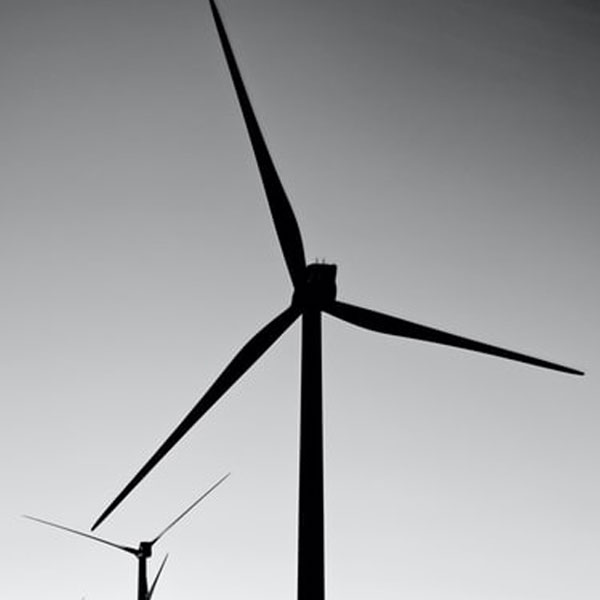Industry 5.0 is the title of report that the European Commission published in January 2021. “Towards a sustainable, human-centred and resilient European industry”. A more cultural than technological revolution for the protection of the environment.
COP26 & LOCK
Cop26 meetings and communication campaigns of which the EWW (European Week for Waste Reduction) are already underway and we see it in this period. Their various objectives include raising awareness of sustainability and the correct management of invisible waste. The creation of a new intelligent society, capable of recognizing the innovations of the fourth industrial revolution but also attentive to solving socio-environmental problems due to technological progress. A program that includes, among the political initiatives relating to industry, technological regulation through a different approach in respect of improving the quality of life of every citizen.
SLEEPING POLLUTION
Industry 5.0 optimizes energy consumption and emissions due to the use of the internet by avoiding the increase inpollution so-called sleepy. One of the still little-known topics that will be addressed again by the EWWR on 20 – 28 November 2021. In the 2020 edition of the European Week for Waste Reduction, the proposal was made to raise awareness of the environmental impact of the continuous use of the internet, data centres, servers, power cables, the lack of user friendliness of websites and etc… with the consequence of an increase of the energy demand.
FOOTPRINT WORKING ON THE NETWORK
A variant that determines the environmental impact of companies on climate change is the footprint which we talk about a lot in the meetings mentioned above. is thatFingerprint which is left when we interact on the net through emails, work in the cloud, search on google and is capable of producing different quantities of CO2 emissions.
ADULT GENERATION CONTRIBUTES TO CLIMATE CHANGE
Today, it must be admitted, there is an awareness that those who largely contribute to the uploading of content on the net are the older generation. The latter has seen the birth and growth of industry 4.0 and still struggles to consider the network an environment to be respected in order to safeguard the climate and nature. If you think only that a very small percentage delete unused digital content…
CONCLUSIONS
Now is the time to do some digital decluttering taking example from the younger generation Z.
